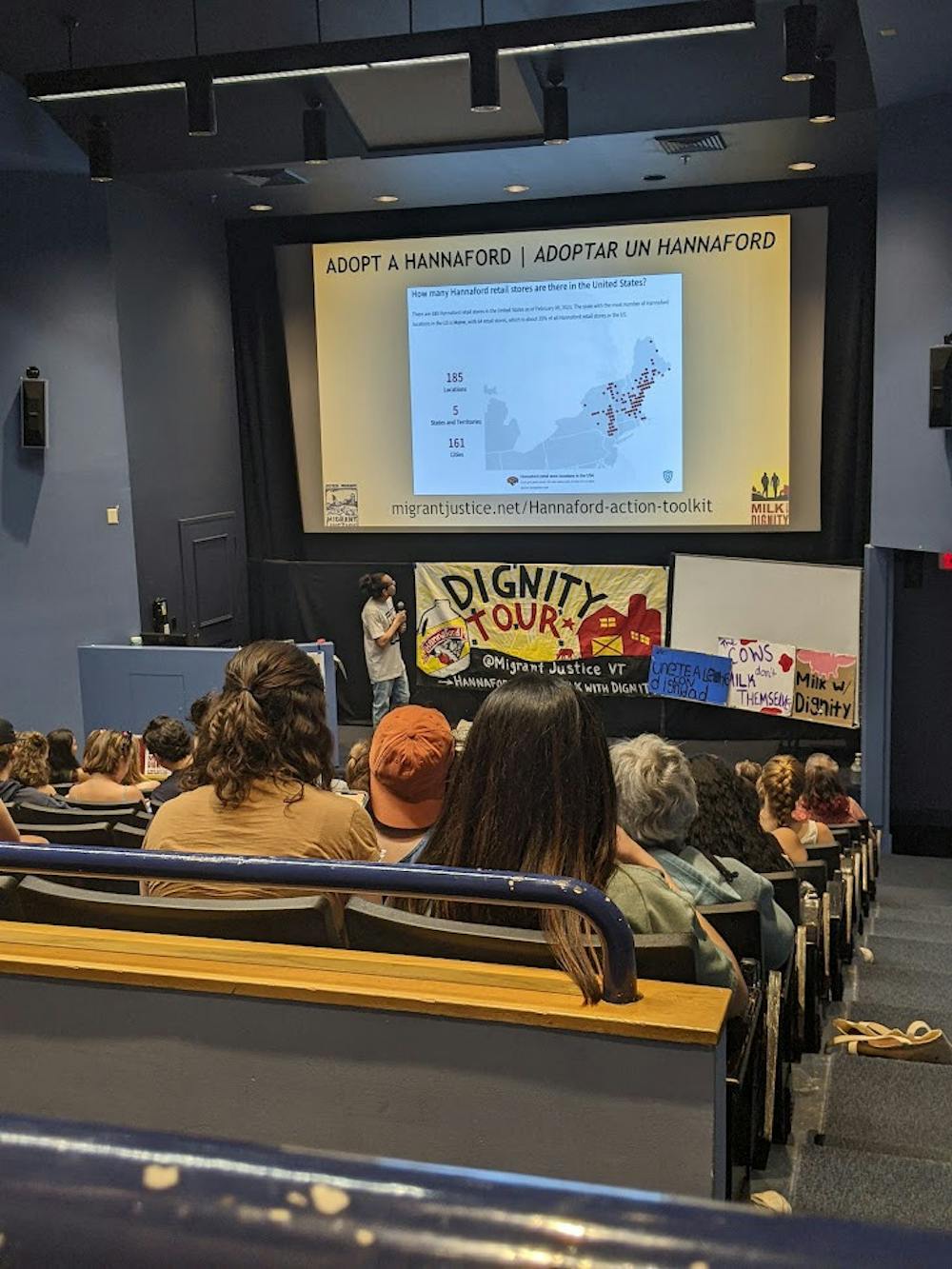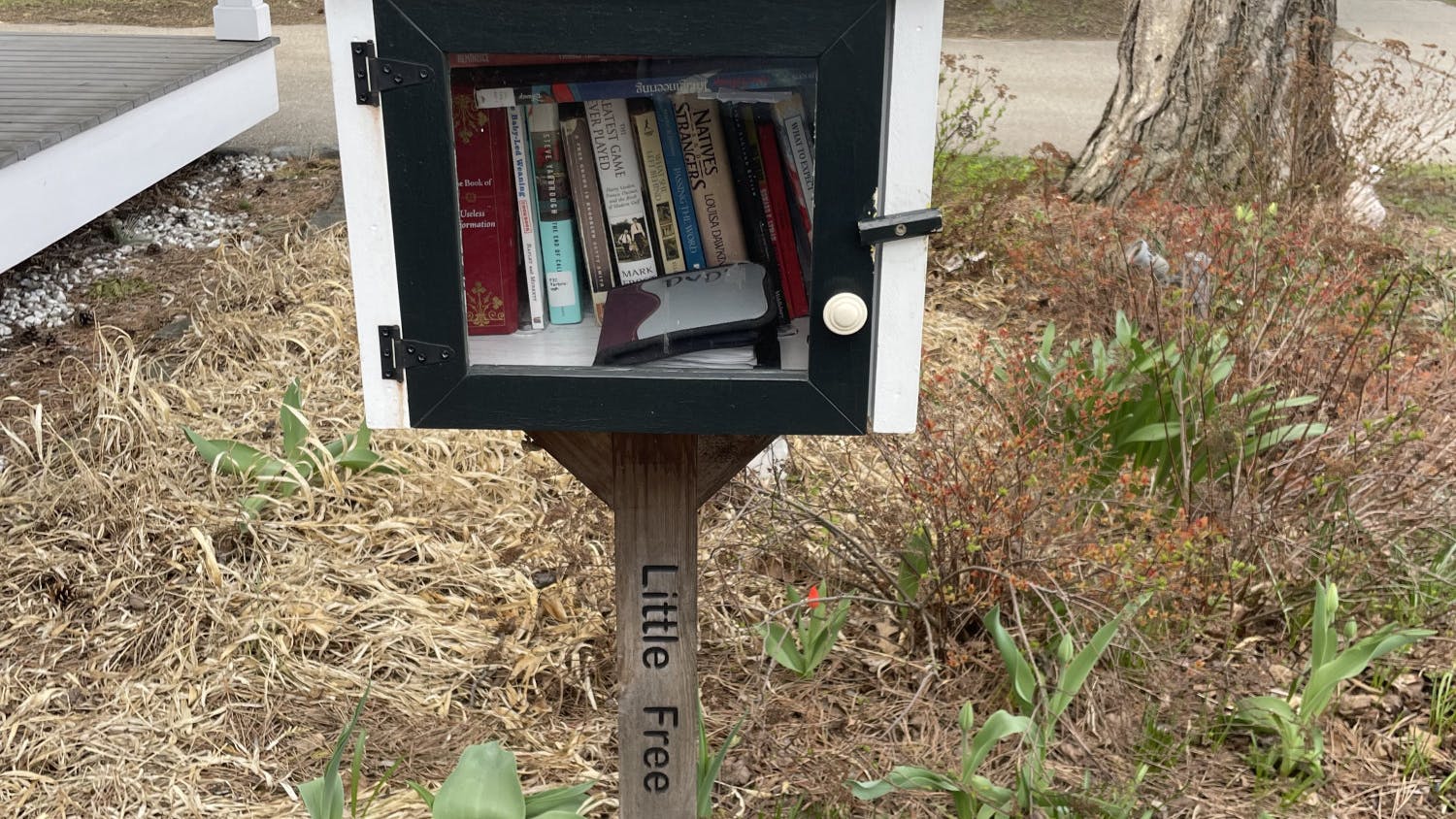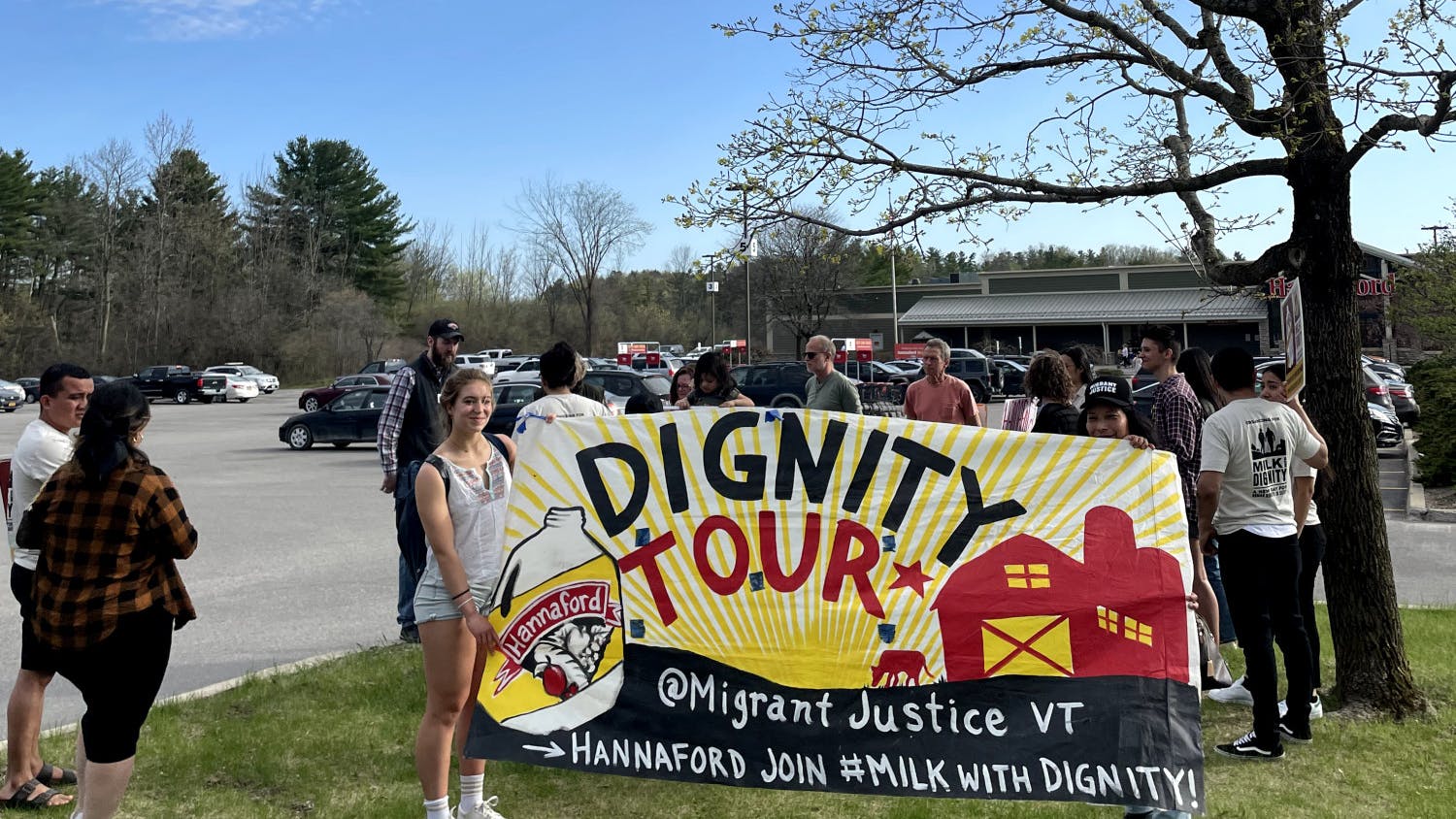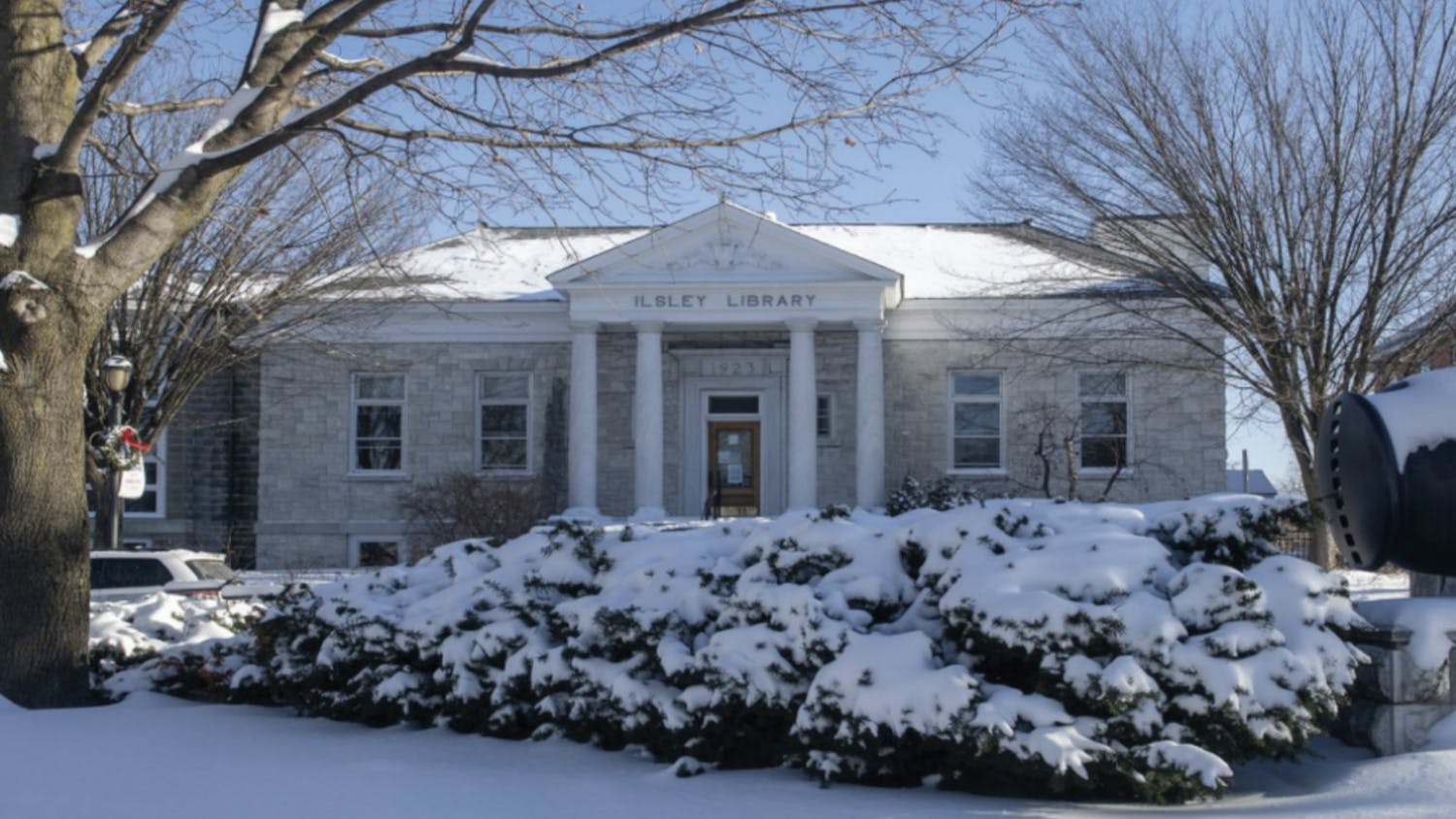Middlebury, Vt. is a small, idyllic town nestled in the Green Mountains. Despite its serene exterior, hundreds of migrant workers are facing deplorable working and living conditions that remain invisible to our community. Migrant workers play a critical role in the state’s agricultural industry, supporting Vermont brands like Ben & Jerry’s and Cabot Cheese. They are employed by over half of all Vermont farms, often live in unsafe and exploitative conditions and lack access to basic rights and protections that many of us take for granted. We argue that it is the responsibility of our Middlebury community to ensure that their voices are heard and their rights are recognized. As members of Juntos, the student-migrant solidarity network on campus, we aim to lead this effort.
Founded on the principle of solidarity, Juntos has been working relentlessly to provide essential services to the migrant community in Addison County, including English tutoring lessons, interpretation and transportation services and community activities, such as friendly soccer games and Día de los Muertos celebrations. Originally inspired by a class taught by Professor Gloria González Zenteno in 2006, Juntos became its own student-led Community Engaged Organization in 2009. Since then, Juntos has made it its mission to provide services and resources to the migrant community. This includes free, personalized English lessons through the Compañeros Program, partnerships with external community organizations, namely Addison Allies, the Open Door Clinic and Migrant Justice to deliver activism and volunteer opportunities to the college community, and event programming that aims to bridge the gap between the college community and the migrant community.
Despite the challenges posed by Covid-19, we have been able to continue our work and make significant progress in supporting our migrant community. One example of this is hosting the Juntos tradition called Stories that Migrate, an event where students, staff, faculty and community members can share and hear experiences as they relate to migration. We also collaborate with the Mexican Consulate to find student volunteers for the consulate’s annual visit to Middlebury. This year, we also held a winter clothing drive in collaboration with Addison Allies to donate clothing to local migrant families and began a partnership with Ilsley Public Library in an effort to make the library a more inviting space for the Spanish-speaking migrant community. Most recently, we hosted Migrant Justice during their Organizing Tour for the Milk with Dignity Campaign in April. We are proud of how far we have come, but our work is not over.
As the recent Migrant Justice talk that Juntos facilitated this past week showed us, immigrants are left out of ways to redress their grievances because of their work schedules, language barriers, and immigration status. In 2014, Migrant Justice conducted a survey that found that “40 percent of farmworkers are paid less than the Vermont minimum wage; 40 percent have no days off; 28 percent routinely work seven hours or more without a break to eat; 20 percent have their pay illegally withheld; 15 percent do not have eight consecutive hours off, per day, to sleep; and 15 percent live in overcrowded housing and 15 percent have inadequate heat.” These rampant abuses were confirmed by a 2021 study carried out by UVM professor Bindu Panikkar and researcher Mary-Kate Barrett that emphasized the extent to which workers are subject to preventable injuries and accidents.
The economic distress migrant workers experience is compounded with serious health and safety risks that endanger workers' well being and lives. The very Migrant Justice movement was started after a 17-year old worker named José Obeth Santiz Cruz tragically died because of employee negligence. The Milk with Dignity campaign aims to build a movement of farmworkers and allies calling on dairy companies to ensure respect for human rights in their supply chains by joining the Spring 2023 worker-driven Milk with Dignity Program. The campaign seeks to establish fair labor standards and safe working conditions for dairy migrant farm workers; it was successful at getting Ben & Jerry’s to sign on in 2019 after 3 years of persistent lobbying. Today, we join Milk with Dignity and ask Hannaford to take responsibility and join the movement to protect human rights.
As a student-run organization, we can only do so much. While our board and volunteers who give their time and energy to this cause have been essential, we have a long way to go. Migrant justice remains a critical issue, and we must continue to spread awareness about the hardships that migrant workers and the larger migrant community face. We need the support of everyone, particularly those who share our values and our commitment to justice and the migrants who contribute so much to our community.
If you are a Middlebury student or community member who is passionate about migrant justice, there are many ways you can help. Supporting organizations like Juntos, Addison Allies, Open Door Clinic, Migrant Justice and local migrant chefs by volunteering your time and skills and becoming a fierce advocate for human rights is one place to start. As the semester is ending, Juntos is looking for the next wave of dedicated students who wish to be leaders of social change and are interested in working with the migrant community. Joining any of our three branches and leading projects and initiatives could help us get one step closer to meeting the needs of our essential, vibrant migrant community.




